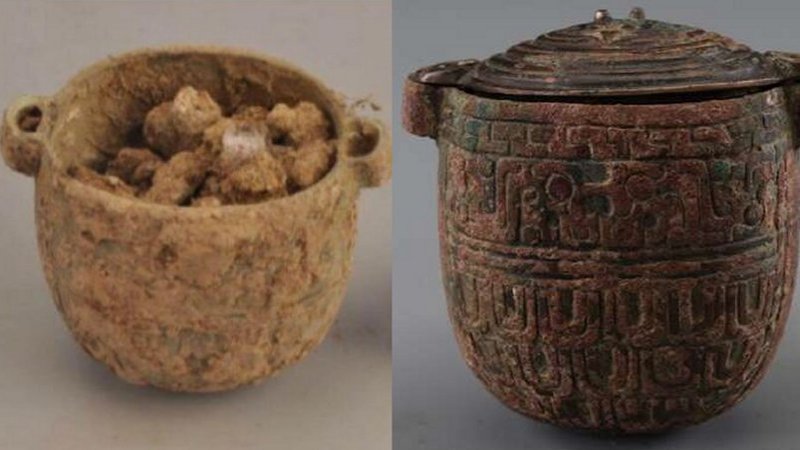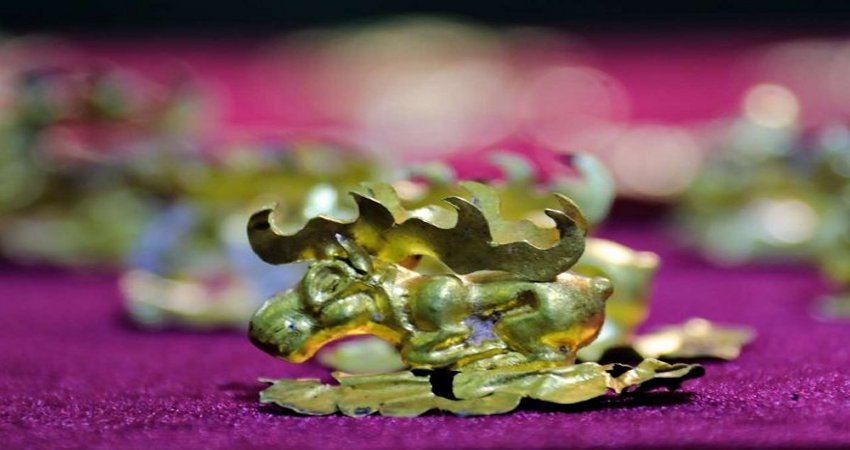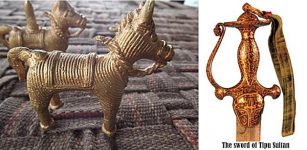Mystery Of Ancient Spherical Stone Artifacts Discovered In South Africa: Were They Tools Or Weapons?
MessageToEagle.com – A large number of ancient spherical stone artifacts were discovered in South Africa. What was the purpose of these artifacts? Were they used as tools, weapons or did they perhaps have an entirely yet unknown purpose?
The use of these stones, which date from between 1.8 million and 70,000 years ago, has puzzled archaeologists since they were unearthed at the Cave of Hearths in South Africa’s Makapan Valley nearly 30 years ago.

A team of psychologists, kinesiologists and archaeologists at Indiana University are now trying to cast light on this longstanding mystery.
It has previously been assumed that the stone spheres were used as tools, nut scientists now propose the artifacts served instead as weapons for defense and hunting.
“Our study suggests that the throwing of stones played a key role in the evolution of hunting,” said Bingham, a professor in the IU Bloomington College of Arts and Sciences’ Department of Psychological and Brain Sciences and an author on the study.
“We don’t think that throwing is the sole, or even primary, function of these spheroids, but these results show that this function is an option that warrants reconsidering as a potential use for this long-lived, multipurpose tool.”
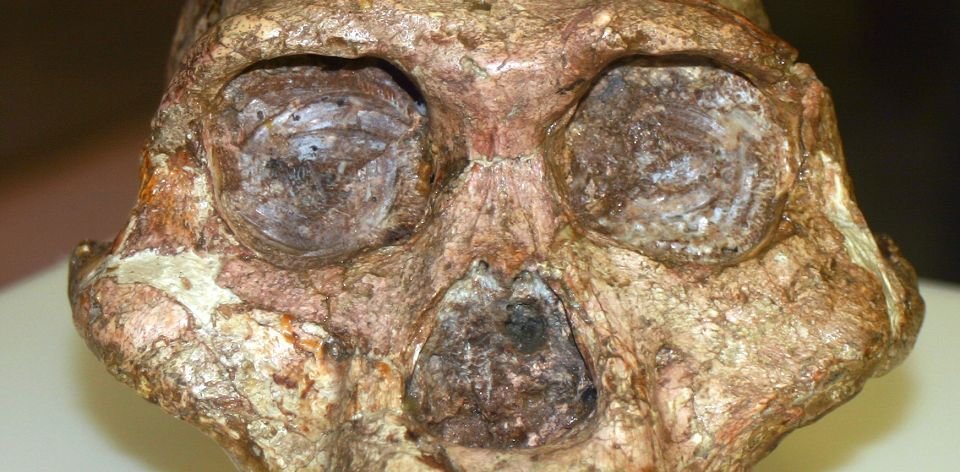
The team’s conclusions are based upon a theoretical framework and computational tools developed in the Perception/Action Lab at IU, directed by Bingham, who investigates human coordinated action and perceptual capabilities. This includes judging an object’s throwing affordance, which is the selection of the best object in terms of size, weight and shape for throwing at maximum distance, speed and damage.
See also:
Mystery Of The Lydenburg Heads
Giant Stone Balls Discovered Underground In Siberia
Prehistoric Artifacts Out Of Nowhere – Their Origin And Purpose Are Totally Unknown
Using these methods, the researchers used computational models to analyze 55 ball-shaped stone objects from the South African site, finding that 81 percent of the stones were the optimal size, weight and shape for hitting such a target at a 25-meter distance. The stones are about the size of tennis balls but much heavier.
“We can throw something to hit something else — like a quarterback throwing to the running back all the way down the field. That’s how in large measure we survived the ice ages. The available food was largely on hoof, or it was ‘mega-fauna,’ such as a mammoth. You don’t want to get close to them.”
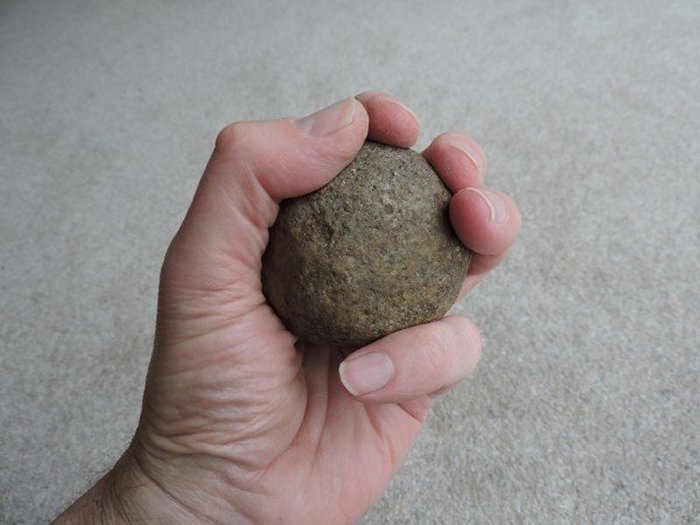
Credit: Judy Maguire
Previous research by archaeologists suggested that spherical stones were used as percussive tools for shaping or grinding other materials. Most of the objects analysed in this study had weights that produce optimal levels of damage from throwing, however, rather than simply being as heavy as possible.
“Imagine a human, searching for an object to throw so as to cause the most damage possible to potential prey or a competitor,” Wilson said. “This is a perceptual task: the person needs to perceive throwing-relevant properties of objects and be able to discriminate between objects that vary in those properties.”
MessageToEagle.com


